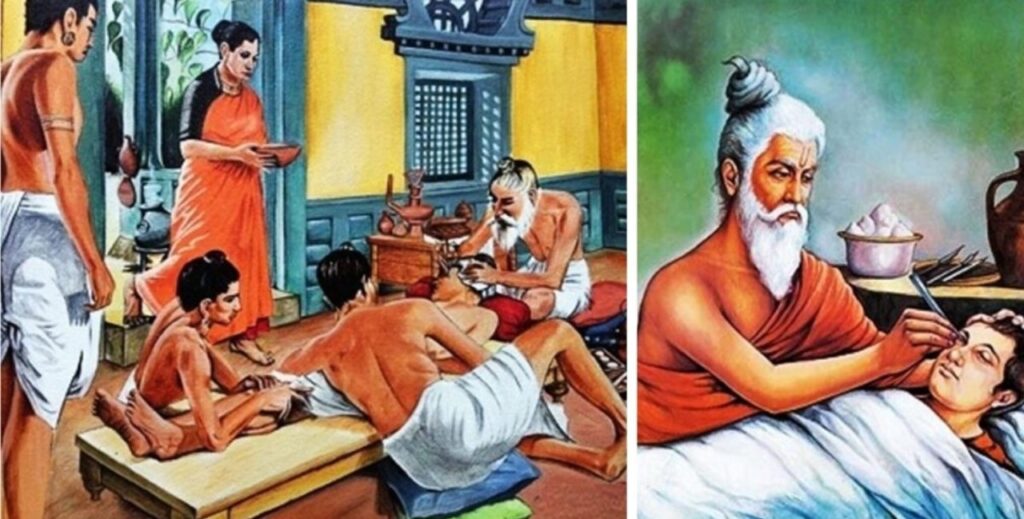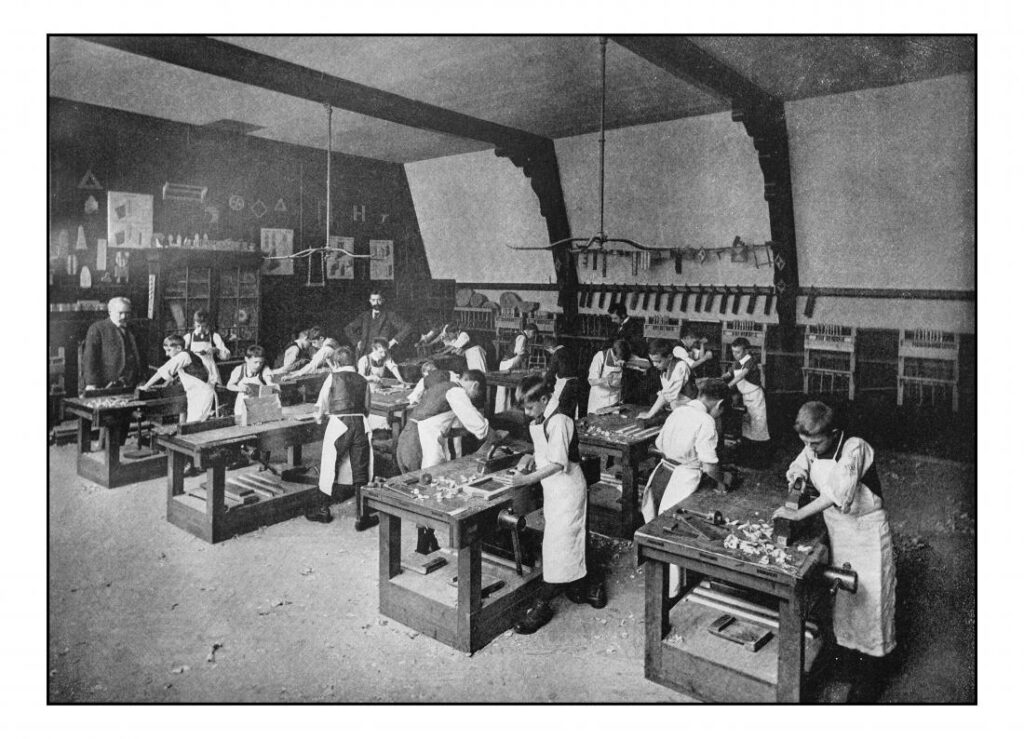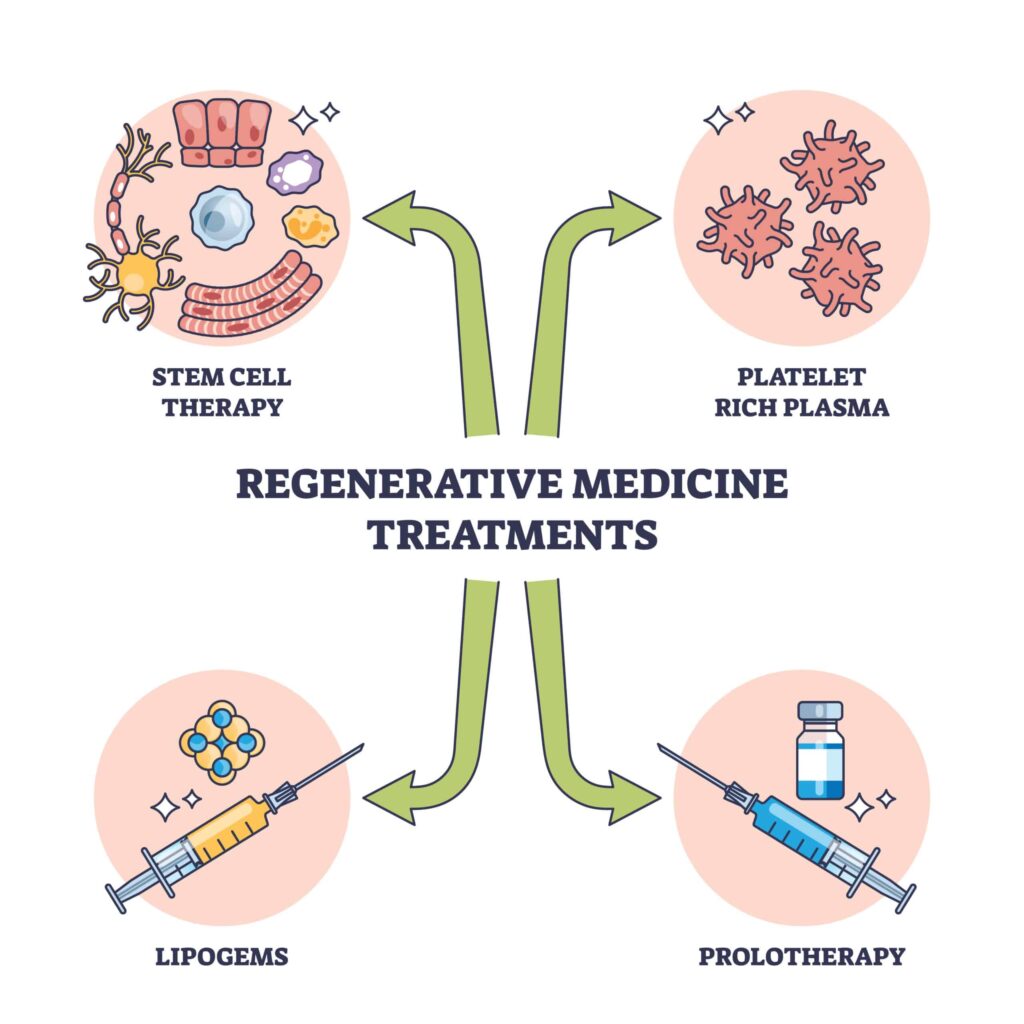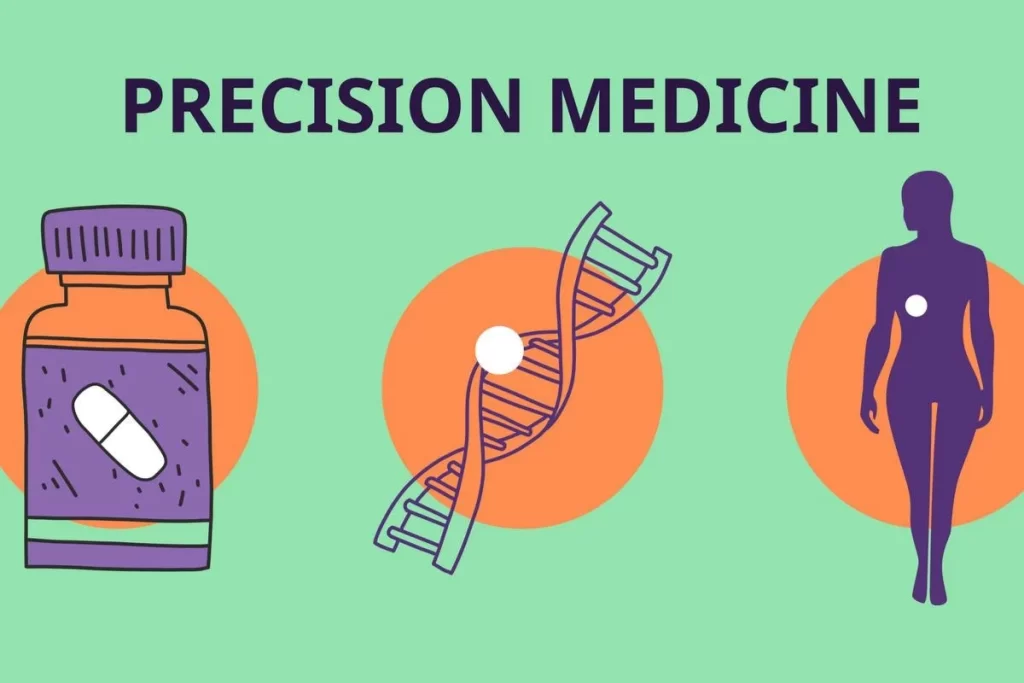Introduction:

The history of medicine is a testament to human ingenuity, resilience, and the relentless pursuit of improving healthcare outcomes. From ancient healing practices to cutting-edge biotechnology, the advancement of medicine has transformed the way we understand, diagnose, and treat disease. This article explores the remarkable journey of medicine over the past millennium, highlighting key milestones, breakthroughs, and the future of healthcare.
Ancient Healing Practices:

The story of medicine began thousands of years ago, with ancient civilizations pioneering various healing techniques and medical practices.
In ancient Egypt, medical texts such as the Edwin Smith Papyrus and the Ebers Papyrus document treatments for ailments ranging from injuries to infectious diseases.
Similarly, ancient Greek physicians in the same way Hippocrates laid the groundwork for Western medicine with their emphasis on observation, clinical diagnosis, and ethical principles.
The Middle Ages and Renaissance:

During the Middle Ages, Islamic scholars preserved and expanded medical knowledge, making significant contributions to fields like anatomy, pharmacology, and surgery. Figures such as Avicenna advanced the understanding of disease and treatment, laying the foundation for modern medicine.
The Renaissance period witnessed a revival of interest in human anatomy and physiology, leading to groundbreaking discoveries by figures like Andreas Vesalius and William Harvey. Their work challenged prevailing beliefs to pave the way for a more scientific approach to medicine.
The Era of Modern Medicine:

The 19th century marked a turning point in medicine with the emergence of modern scientific methods and the development of germ theory. Scientists like Louis Pasteur and Robert Koch demonstrated the role of microorganisms in causing infectious diseases, revolutionizing our understanding of illness.
Similarly, this period saw significant improvements in sanitation, vaccination, and antibiotic therapy, leading to dramatic reductions in mortality rates from infectious diseases.
The 20th Century and Beyond:

The 20th century witnessed unprecedented progress in medicine, driven by breakthroughs in genetics, pharmacology, and medical technology. The discovery of DNA’s structure by James Watson and Francis Crick laid the foundation for the field of molecular biology, unlocking new possibilities for understanding and treating genetic disorders.
Development and Evolution of Medicine

The development of vaccines against diseases like polio, measles, and smallpox transformed public health on a global scale, saving millions of lives.
Advances in medical imaging technology revolutionized diagnosis and treatment, with techniques such as X-rays, CT scans, MRI, and PET scans providing clinicians with detailed insights into the human body. These imaging modalities enable more accurate diagnoses and targeted interventions, improving patient outcomes.
In recent decades, biotechnology has emerged as a driving force behind medical innovation, with breakthroughs in areas such as gene editing, regenerative medicine, and personalized therapy.
Technologies like CRISPR-Cas9 offer unprecedented precision in editing the human genome, holding the promise of curing genetic diseases and preventing inherited disorders altogether.
Regenerating Medicine

Regenerative medicine approaches, including stem cell therapy and tissue engineering, hold the potential to repair or replace damaged tissues and organs, offering new hope to patients with a wide range of conditions.
Precision Medicine

It which tailors medical treatment to an individual genetic, environmental, and lifestyle factors, represents a paradigm shift in healthcare delivery, enabling more personalized and effective interventions.
The Future of Medicine:

The future of medicine holds tremendous promise as researchers continue to push the boundaries of scientific knowledge and technological innovation. Emerging fields such as artificial intelligence, nanotechnology, and telemedicine are poised to revolutionize healthcare delivery, making diagnosis and treatment more efficient, accessible, and personalized than ever before.
Artificial intelligence algorithms are already being used to analyze medical images, predict patient outcomes, and optimize treatment plans, leading to more accurate diagnoses and better clinical outcomes.
Nanotechnology holds the potential to revolutionize drug delivery systems, allowing for targeted therapies that minimize side effects and maximize efficacy.
Telemedicine platforms are expanding access to healthcare services, particularly in underserved rural and remote areas, by enabling patients to consult with healthcare providers remotely via video conferencing and mobile apps.
Moreover, these technologies not only improve access to care but also empower patients to take a more active role in managing their health and wellness.
Conclusion:
In conclusion, The advancement of medicine over the past millennium has been nothing short of extraordinary, from ancient healing practices to cutting-edge biotechnology. Each era has built upon the discoveries and innovations of the past, leading to dramatic improvements in healthcare outcomes and quality of life for individuals around the globe.
As we look to the future, the possibilities for further progress are limitless, driven by the collective efforts of researchers, healthcare professionals, and innovators dedicated to advancing the frontiers of medical science and improving the health and well-being of humanity.
